
Wisdom teeth usually erupt between the age of 17 and 25 – hence the name, that period in our life is called the age of wisdom. Most people have four wisdom teeth, one at each end of the lower and the upper rows, but not everyone has them, what’s more, some people don’t get any wisdom teeth at all. However, the major problem with wisdom tooth is not when someone does not have them at all, but when they do develop to a certain extent, but their development or their direction of growth is hindered by external factors.
Why Do Wisdom Teeth Get So Many Problems
Because we do not use them. Our ancestors used their wisdom teeth to grind their food, but the changes in our staple diet have deprived wisdom teeth of their role in food chewing and have transferred that role to the other teeth in the row. The process has also led to a decrease in the size of our jaw and an increase in the size of the other teeth in each row, leaving less space for wisdom teeth to grow. As a result, wisdom teeth struggle to erupt and to grow and they usually develop in the wrong direction, becoming more prone to all sorts of dental problems, including cavities, infections and impaction.
How Are Wisdom Teeth Problems Treated
Wisdom teeth can be treated with fillings and root canal procedures, just like any other tooth, but is the common way to solve wisdom tooth extraction Highland Park area. The problems that require extraction are usually diagnosed by general dentists during routine visits, but the extraction itself usually exceeds the competence of dentists and is usually performed by oral surgeons.
When a patient is referred to an oral surgeon, the surgical specialist will inspect the tooth, then will request an X-ray to see any infection in the deeper layers of the tooth and to be able to follow the exact direction of the root. The extraction is usually performed under local anesthesia, though in some cases, when the tooth is very large or very severely affected, the doctor might recommend general anesthesia. During the extraction, the doctor will use specialized tools to loosen and to remove the tooth or, if the tooth has not erupted, the doctor will make a small incision on the gum to get to the tooth, followed by the actual removal of the tooth. The intervention ends with the closing of the wound, either by dressing the wound or with stitches.
Patients need to be prepared that the wound left after the removal of a wisdom tooth is usually larger and deeper than the gaps left after the removal of other tooth, therefore the extraction site needs to be taken more care of and will probably take longer to heal, too. The final phase of the wisdom teeth removal process is the instruction regarding the wound care – before the patient leaves the doctor’s office, the doctor will provide detailed instructions about what the patient can eat, how cleaning needs to be performed as well as about the activities to avoid during the healing process.

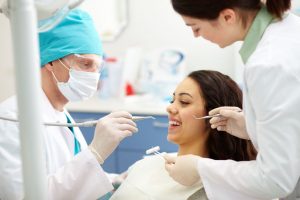
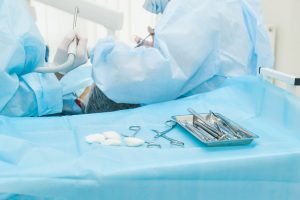
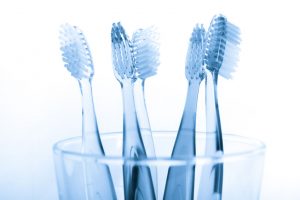



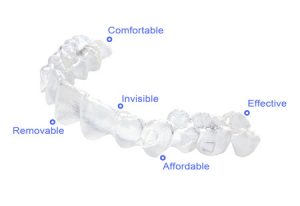
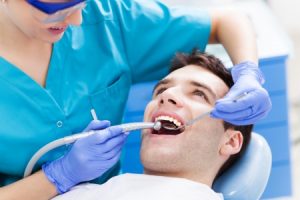 There are many new advancements that local dentists have to know about, and in most cases only the best can keep up with all the innovations. They are the ones you should consider for your preferred dentistry services.
There are many new advancements that local dentists have to know about, and in most cases only the best can keep up with all the innovations. They are the ones you should consider for your preferred dentistry services.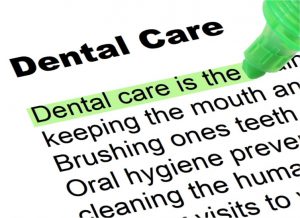 saying is not very far from the truth. In fact, if we look at it from a chemical point of view, that is highly accurate. We have taken the time to talk to some of the best dentists in order to better understand what cavities are, why they appear and how we can treat and prevent them.
saying is not very far from the truth. In fact, if we look at it from a chemical point of view, that is highly accurate. We have taken the time to talk to some of the best dentists in order to better understand what cavities are, why they appear and how we can treat and prevent them.